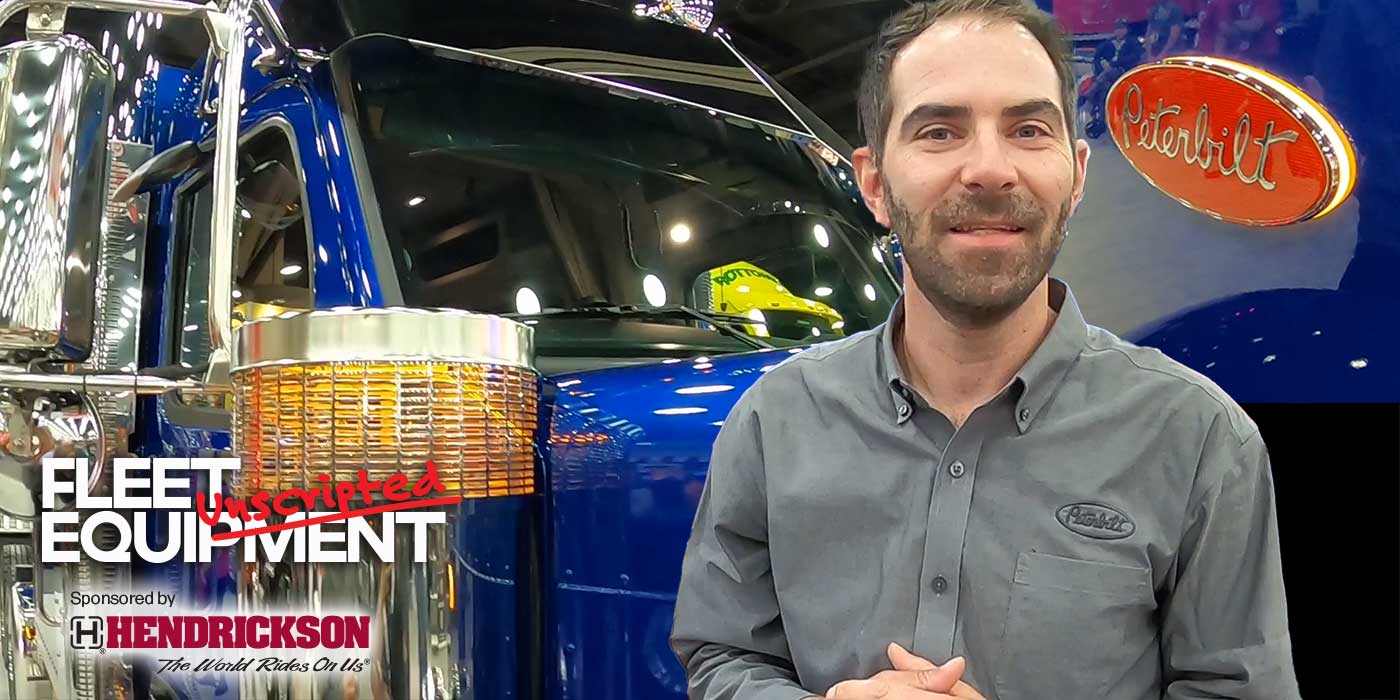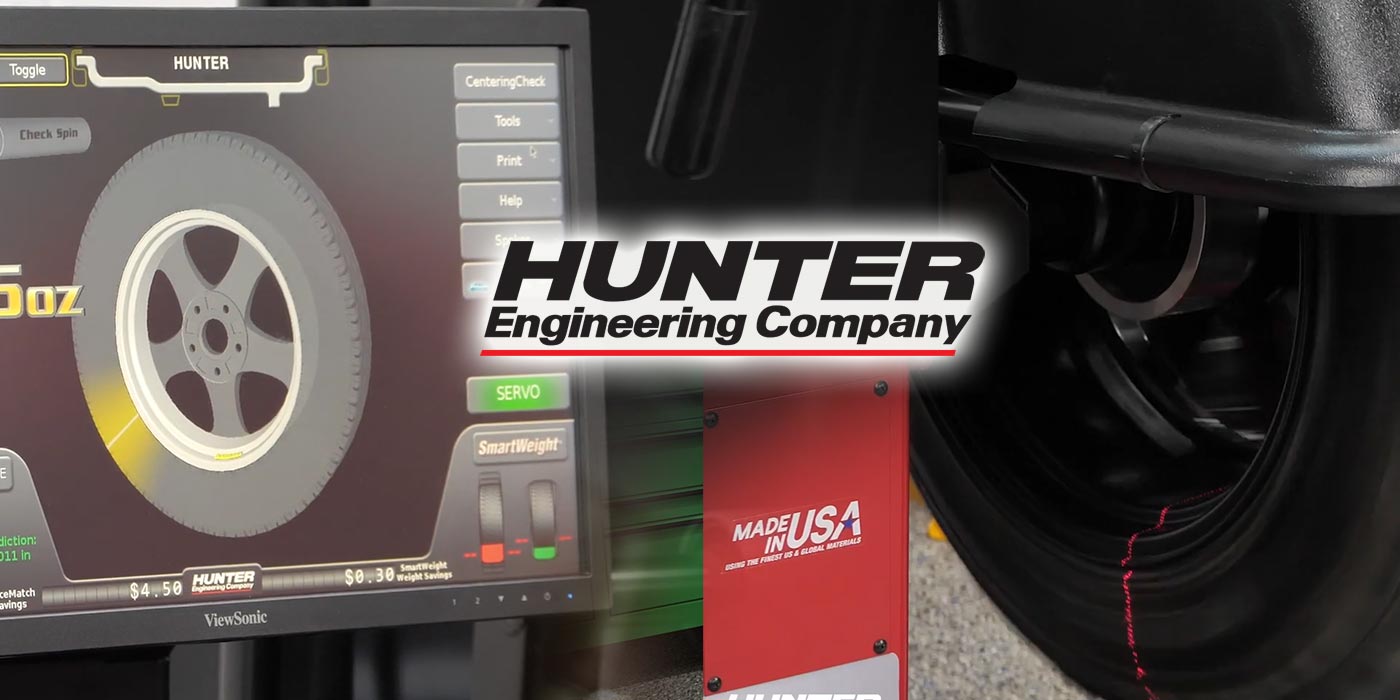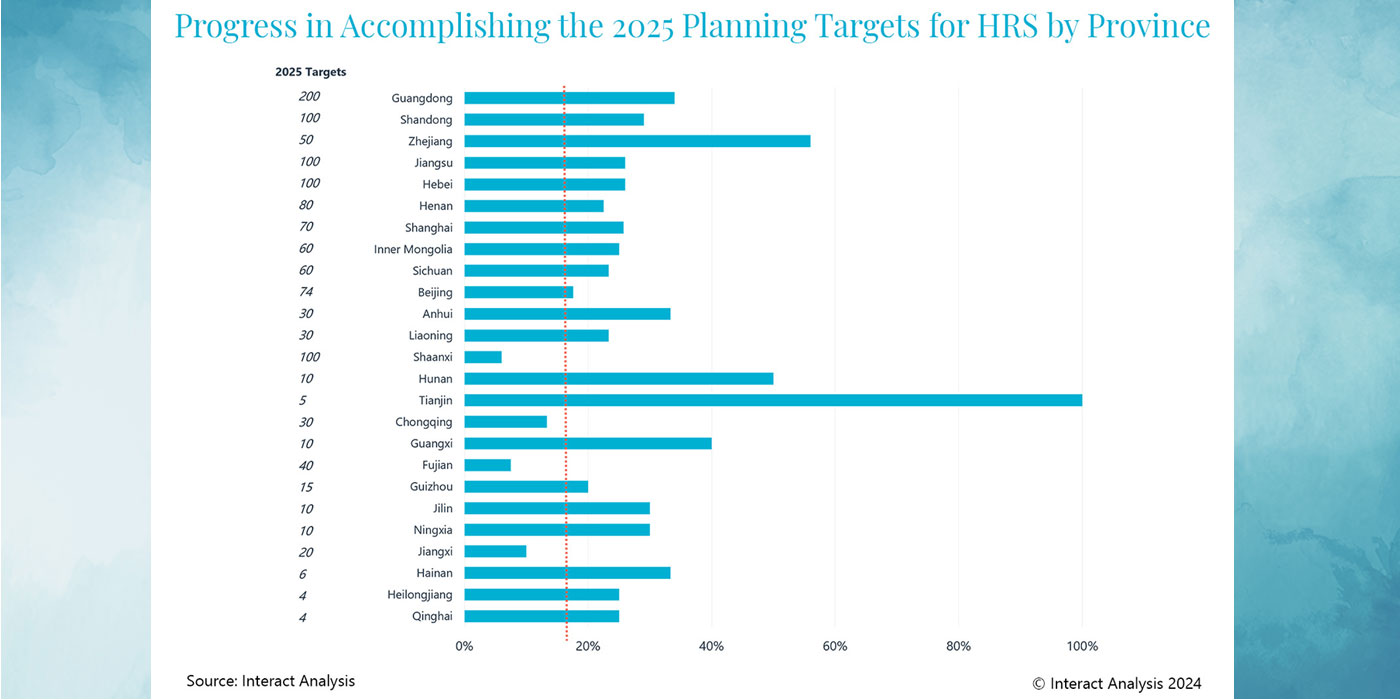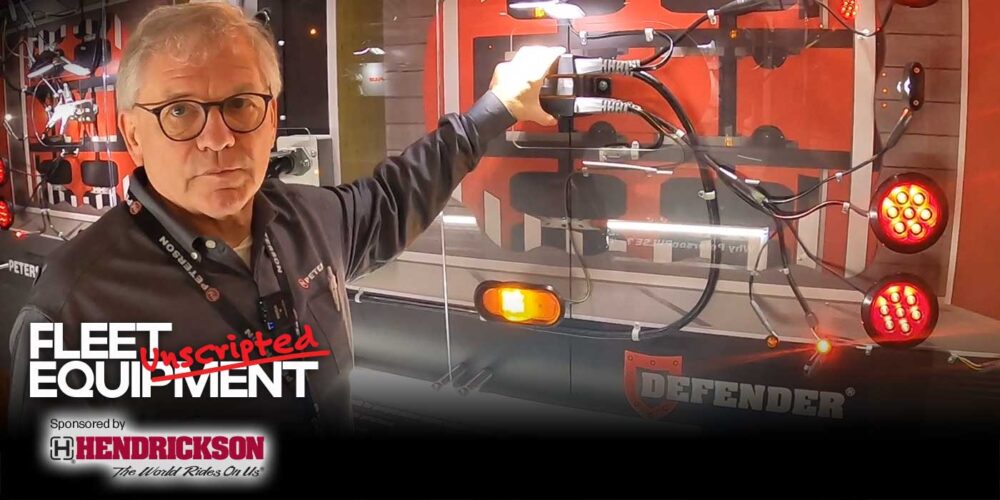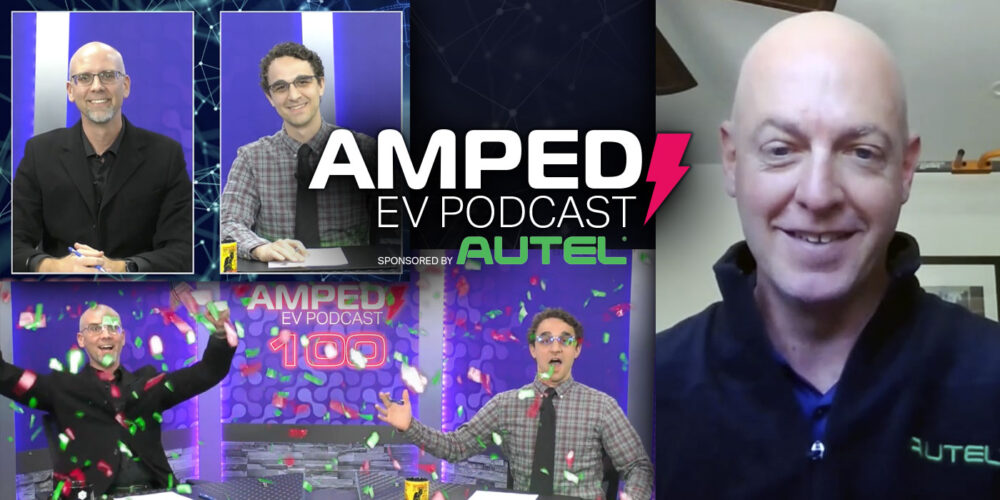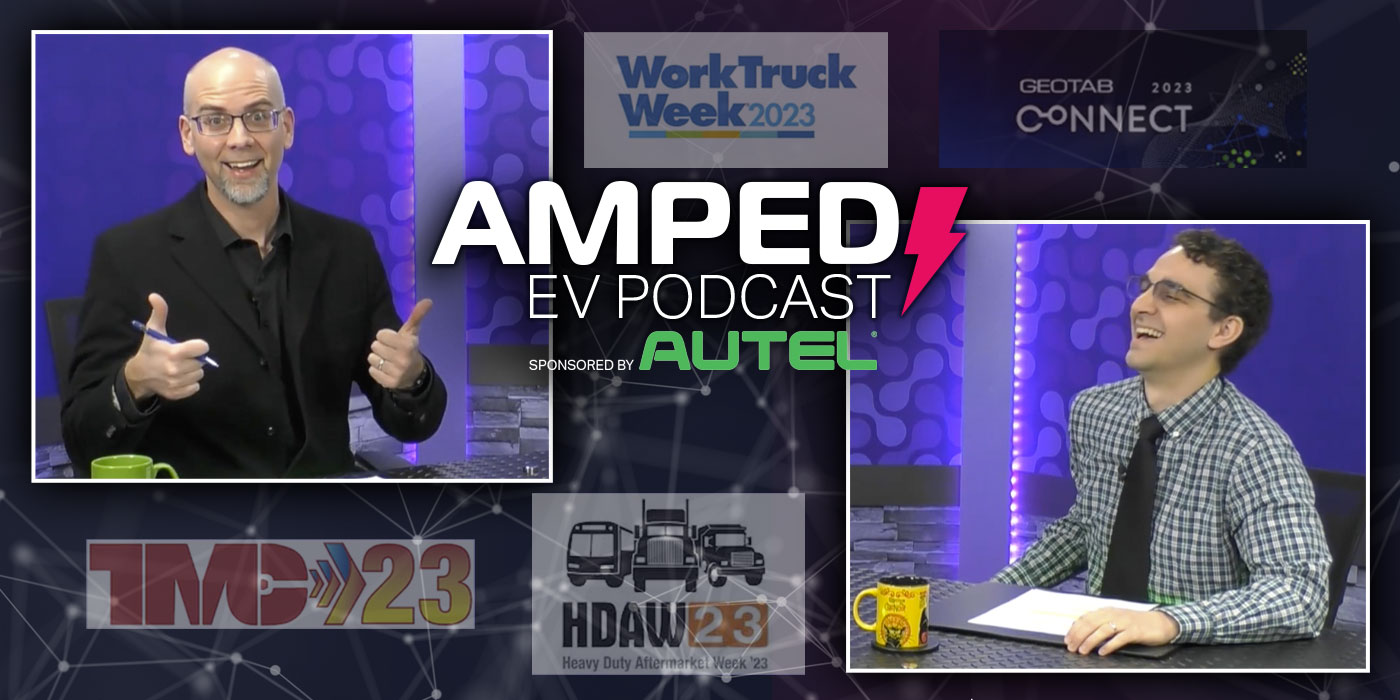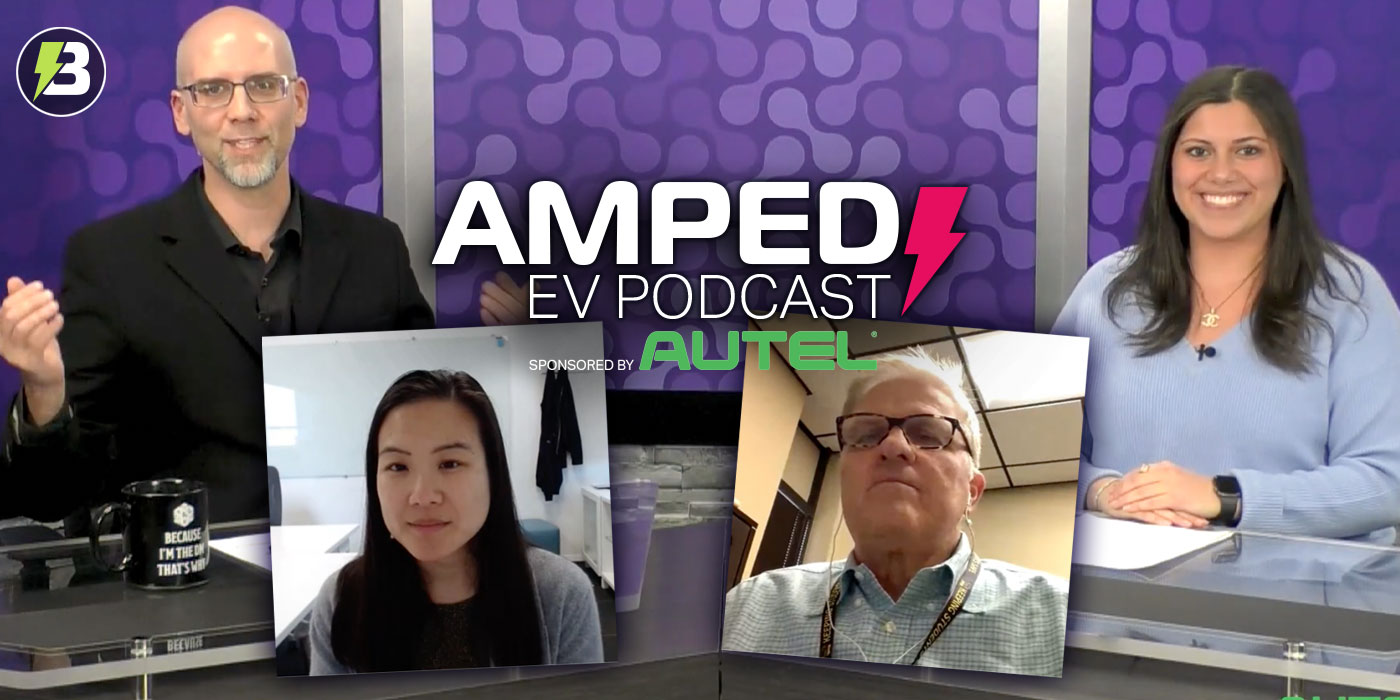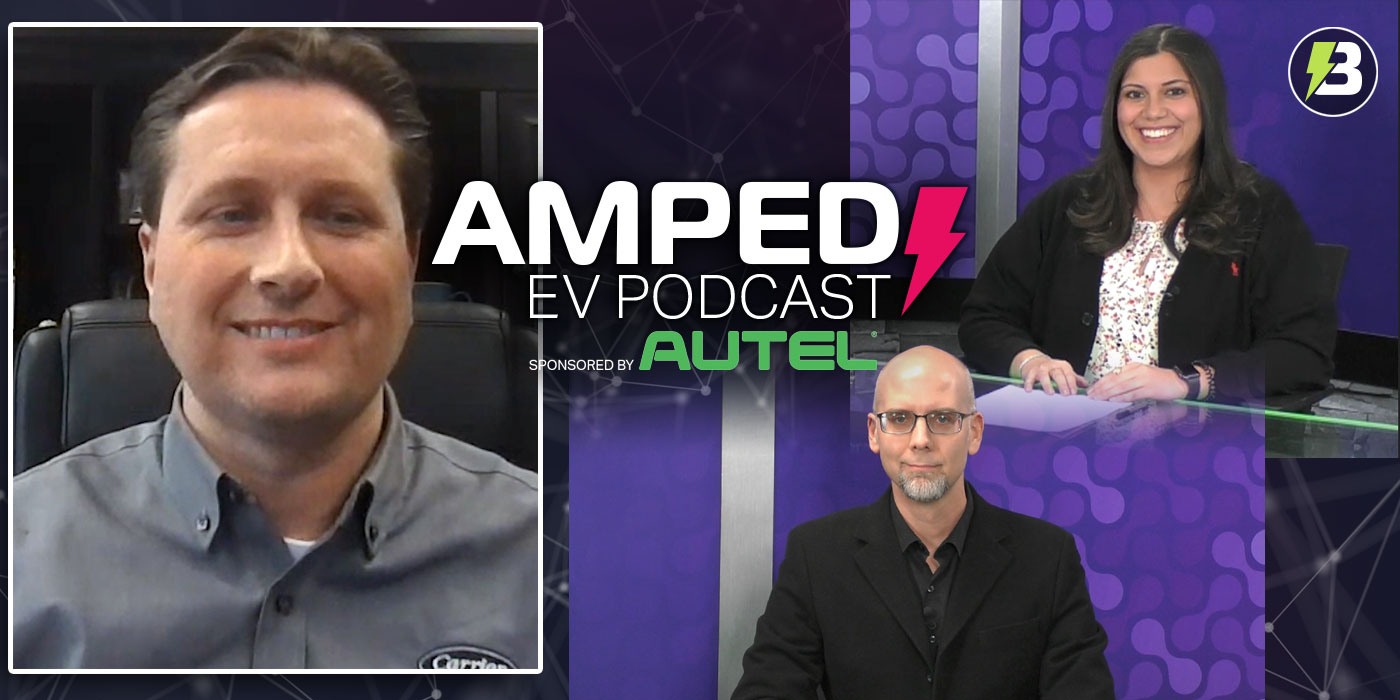If you’re thinking about putting battery electric trucks to work in your fleet, then you’re talking about charging infrastructure. Electric trucks are already on the road doing the short-route work with zero emissions from the tailpipe, which means charging infrastructure is the biggest question mark in the application equation. On the surface, it can seem like that infrastructure responsibility rests on your shoulders, but does it?
Enter “charging as a service.” Yes, they’re fun EV buzz words, but what it really offers is the opportunity for fleets to stay focused on their core business–running trucks profitability. The challenge in going down that road is that there are a ton of new names in that space. Voltera is one of those new names, and there’s no better way to kick the tires on a new service than to have a conversation. That’s why we connected with Matt Horton, CEO, Voltera. Voltera sites, builds, owns, and operates strategically located, fit-for-purpose charging facilities to enable EV deployment and operation at scale. But how do they work with fleets to meet specific application needs, and what advice do they have in the Wild West that is charging infrastructure equipment?
Watch the episode of the Amped EV Podcast above to find out.

